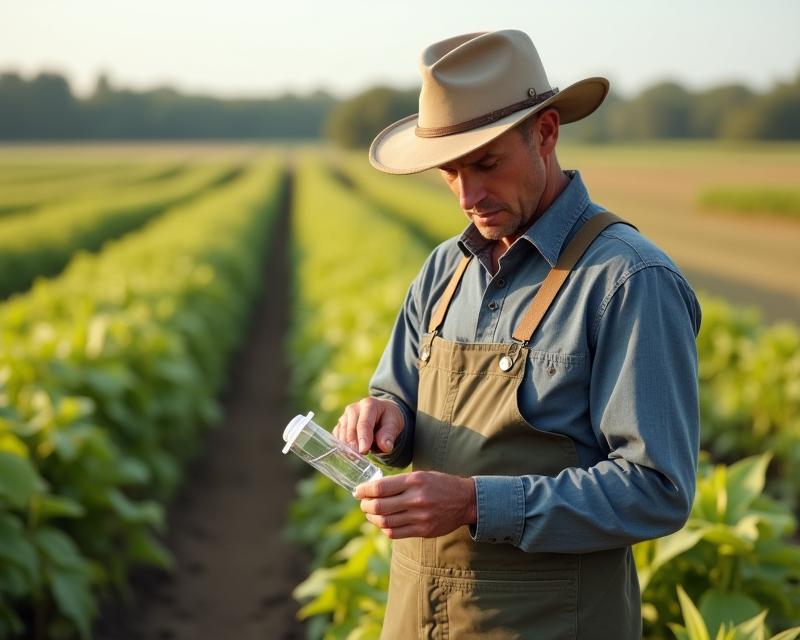GMO Policy: How Politics Shapes Your Crops
Publish in Agriculture el 05/07/2025 02:23
GMO Policy: How Politics Shapes Your Crops
For farmers, gardeners, and ranchers, understanding GMOs (Genetically Modified Organisms) is more important than ever. But did you know that the rules surrounding GMOs can change dramatically depending on who's in the White House? U.S. policy on GMOs has shifted significantly between different administrations, impacting everything from research funding to labeling requirements. Let's take a look at how political leadership influences this crucial aspect of modern agriculture.

The Bush Era: A Focus on Safety
During the George W. Bush administration, the focus was primarily on safety assessments. The USDA (United States Department of Agriculture), EPA (Environmental Protection Agency), and FDA (Food and Drug Administration) were responsible for evaluating GMOs before they could be released for commercial use. The approach was largely science-based, emphasizing rigorous testing to ensure the safety of GMOs for human consumption and the environment. While labeling wasn't mandated at the federal level, the administration generally supported the use of GMOs as a tool to increase crop yields and reduce pesticide use. Research funding was directed towards understanding the potential benefits and risks of GMOs.
The Obama Years: Increased Transparency and Labeling
The Obama administration saw a notable shift towards greater transparency. While still maintaining a science-based regulatory framework, there was increased pressure for mandatory labeling of GMO foods. The National Bioengineered Food Disclosure Standard was finalized, requiring food manufacturers to disclose the presence of bioengineered foods. This wasn't a complete ban on GMOs, but it gave consumers more information to make informed choices. Furthermore, the administration increased funding for research into the potential environmental impacts of GMOs, including the development of pest-resistant crops and drought-tolerant varieties. There was also a greater emphasis on supporting small-scale farmers in navigating the complexities of GMO technology.
The Trump Administration: Deregulation and Trade
The Trump administration took a more deregulatory approach. The mandatory labeling rule finalized under Obama was essentially rolled back, replaced with voluntary labeling guidelines. This decision was controversial, with many consumer advocacy groups arguing that it undermined consumer rights. The administration also prioritized agricultural trade agreements, which often included provisions related to GMOs. This meant that U.S. farmers had to compete in international markets where GMOs were widely accepted, sometimes facing pressure to adopt GMO technology to remain competitive. Research funding continued, but with a greater emphasis on crop productivity and economic benefits.
The Biden Administration: Sustainability and Research
The Biden administration is currently focusing on sustainable agriculture and investing in research to address climate change. While maintaining the existing regulatory framework for GMOs, there's a renewed emphasis on promoting sustainable farming practices that incorporate GMOs responsibly. This includes research into the development of climate-resilient crops and the reduction of pesticide use. The administration is also exploring ways to support farmers who are transitioning to more sustainable agricultural systems. Expect continued debate around labeling and consumer choice, as well as ongoing research into the long-term impacts of GMOs on human health and the environment. Staying informed about these policy shifts is crucial for all farmers to make the best decisions for their operations and the future of agriculture.
Disclaimer: This article provides general information and should not be considered legal or agricultural advice. Consult with relevant experts for specific guidance.





